1. Karen Carpenter

Karen Carpenter, the voice behind The Carpenters’ smooth, pop sound, was beloved for her angelic voice and warm persona. She and her brother Richard formed one of the most successful duos of the ’70s, with hits like “Close to You” and “We’ve Only Just Begun.” However, Karen’s struggle with anorexia nervosa was a tragic part of her story. As her illness worsened, she withdrew from the public eye and eventually passed away in 1983 at the age of 32.
Karen’s absence from the spotlight was due in part to her health, but it also marked the end of the Carpenters’ iconic musical output. Her death left fans mourning the loss of one of pop’s most distinctive voices. Despite attempts at reentering the music world, Karen’s health issues overshadowed her career. Her legacy is one of musical brilliance, yet it remains bittersweet.
2. Carly Simon
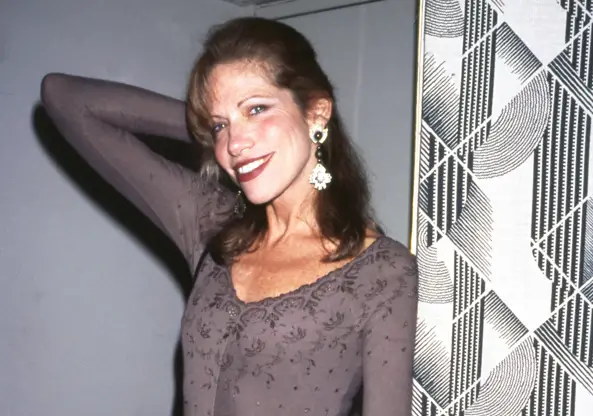
Carly Simon was an unforgettable presence in the ’70s, with hits like “You’re So Vain” and “Anticipation.” Her raw, confessional style made her one of the defining singer-songwriters of the era. Yet, as the years went on, Carly moved further from the public eye, choosing to focus more on her family and personal life. She also took long breaks between albums, with only occasional returns to the stage.
By the ’80s, Simon was no longer the chart-topping force she once was, and her shift to a quieter lifestyle had fans wondering where she had gone. While she has made sporadic returns to music, including a Grammy win in 2001, her time in the limelight was short-lived. Carly Simon’s later years in music were marked by introspection and less media coverage, a contrast to the pop sensation she once was.
3. Cat Stevens
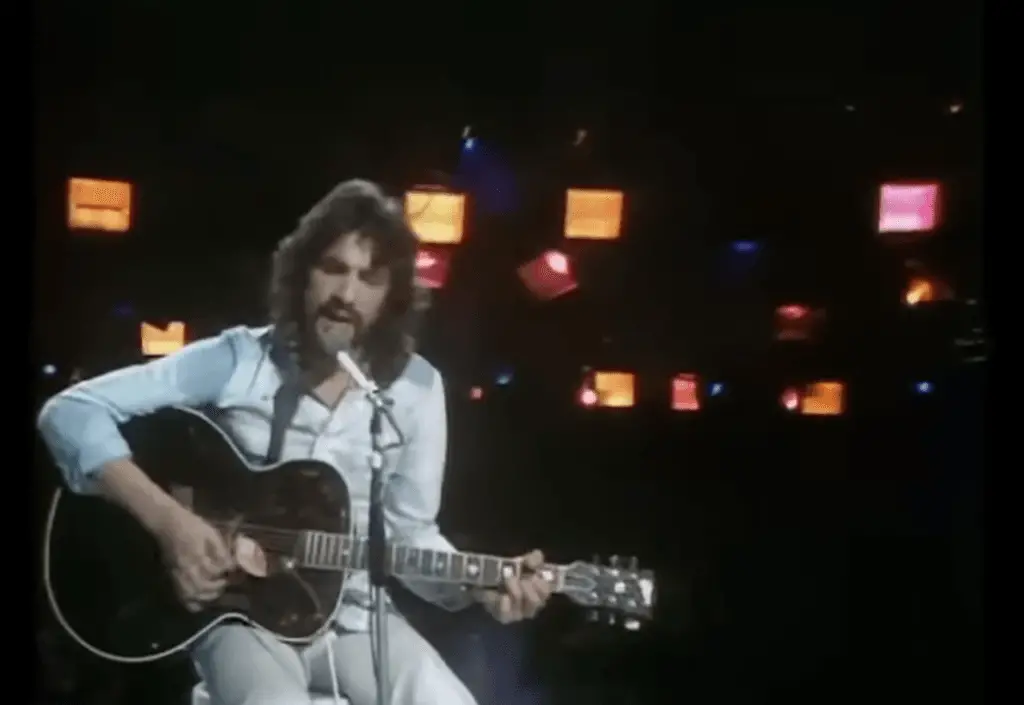
In the ’70s, Cat Stevens, known for his hits “Wild World” and “Father and Son,” was a major figure in the folk-rock scene. However, in 1977, Stevens made a stunning decision to walk away from his thriving music career. He converted to Islam and changed his name to Yusuf Islam, leaving behind the pop stardom he had enjoyed.
After his conversion, Stevens lived a more private life, focusing on his spiritual journey and humanitarian efforts. It wasn’t until the ’90s that he returned to music, under his new name, but his comeback was much more subdued compared to his earlier chart-topping success. His shift from pop idol to spiritual advocate marked a dramatic departure from the spotlight, leading many to wonder if the old Cat Stevens would ever return.
4. Roberta Flack
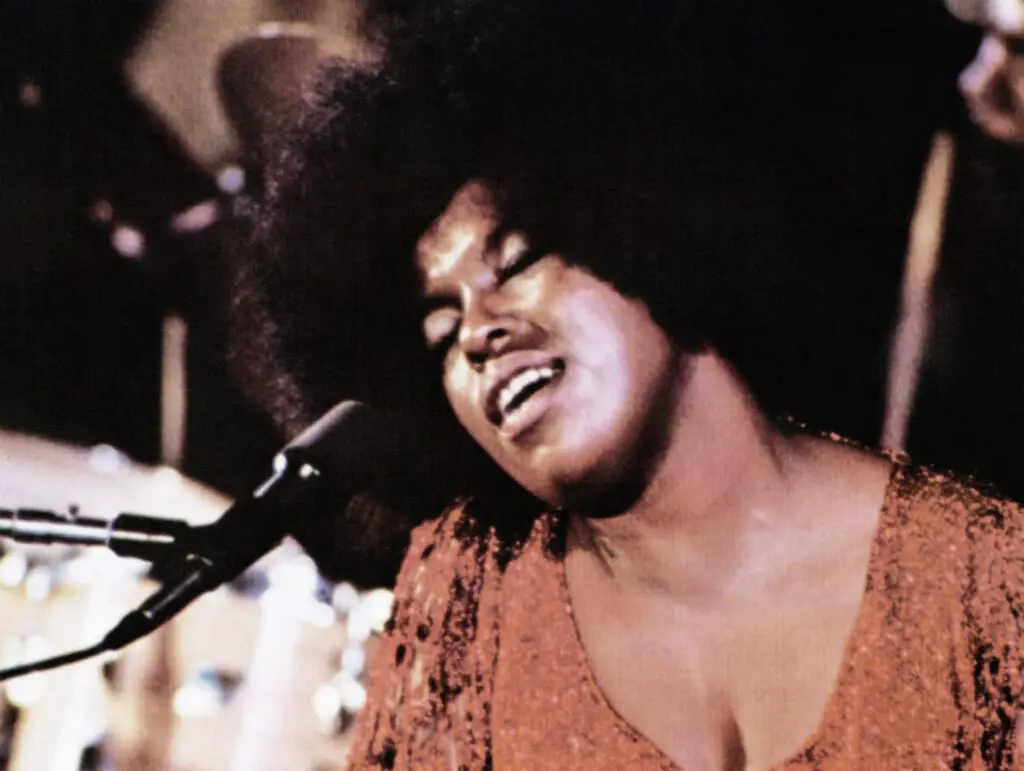
Roberta Flack was a smooth, soulful sensation in the ’70s, with timeless hits like “Killing Me Softly With His Song” and “The First Time Ever I Saw Your Face.” However, after her heyday, she started stepping back from the public eye in the late ’70s. She made fewer public appearances, and her music production slowed down significantly.
Though Flack continued to release music sporadically, it was not with the same frequency or impact as in her earlier years. Her later years were marked by an increasing desire for privacy, away from the constant spotlight of fame. Today, Roberta Flack is a legendary figure, but she never quite recaptured the massive commercial success she once had.
5. Bobby Womack
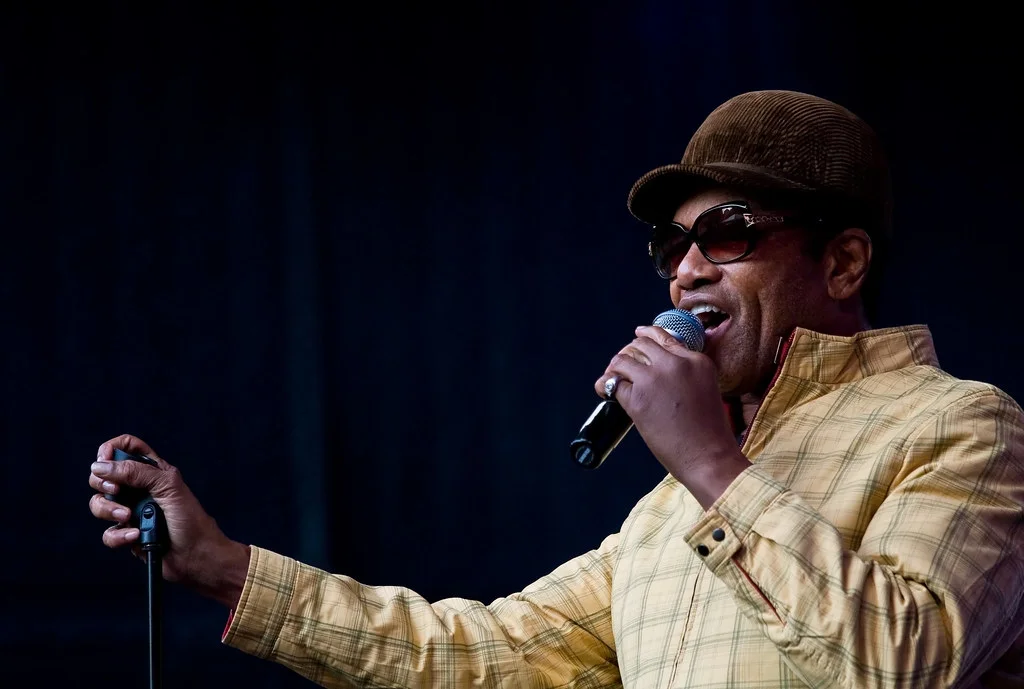
Bobby Womack was a towering figure in soul and R&B, with songs like “If You Think You’re Lonely Now” becoming staples of ’70s radio. His gritty, powerful voice made him one of the standout artists of the era. However, after a series of personal struggles, including his turbulent relationships and battles with substance abuse, Womack disappeared from the public eye for much of the ’80s.
Womack’s music career faltered in the ’80s, though he continued to perform in smaller venues. His absence from the mainstream spotlight was largely due to his personal challenges, but he made a comeback in the late ’90s with a well-received album. Despite this, the public never fully embraced him again in the same way as in his ’70s prime.
6. Barry McGuire
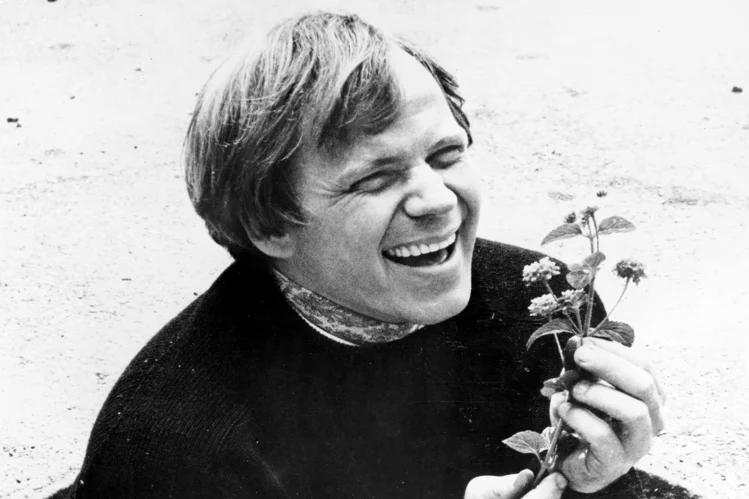
Barry McGuire’s haunting anti-war anthem “Eve of Destruction” made him a force to be reckoned with in the ’60s, and he continued his popularity into the ’70s with hits like “The Son of Hickory Holler’s Tramp.” However, after this peak, McGuire seemed to vanish from the mainstream music scene.
Though McGuire recorded albums throughout the ’70s, they didn’t have the same impact as his earlier work. He eventually turned his attention to religious music, quietly stepping away from his earlier folk and pop hits. McGuire’s departure from mainstream music wasn’t as dramatic as some others, but his shift to a less public life left fans wondering where he had gone.
7. The Stylistics
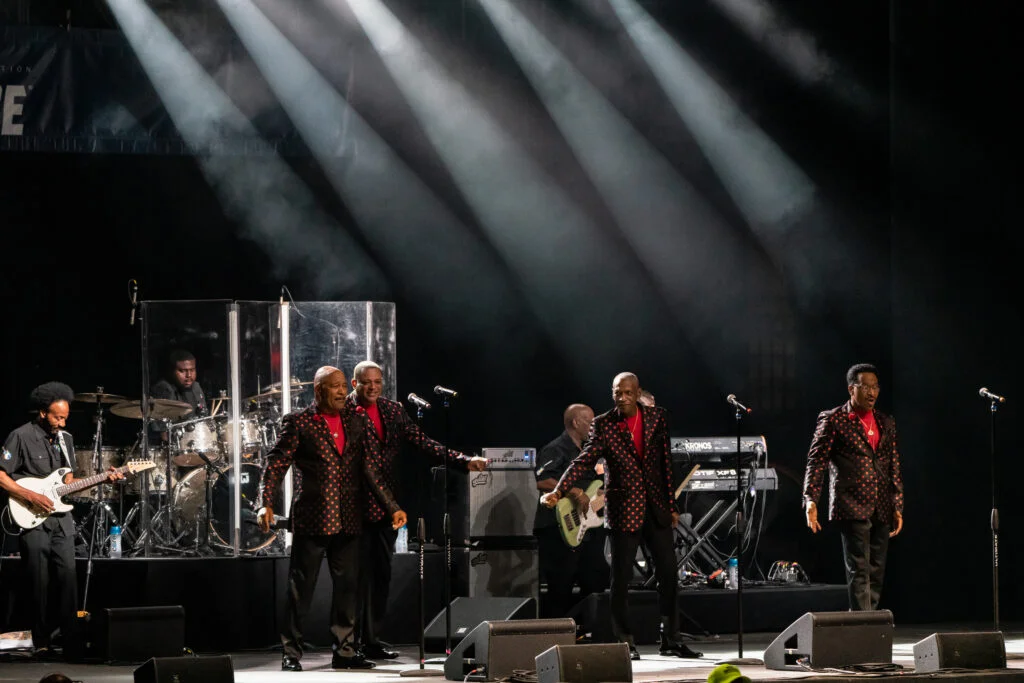
The Stylistics were one of the biggest R&B groups of the early ’70s, with smooth tracks like “You Are Everything” and “Betcha By Golly, Wow.” They dominated the charts with their silky harmonies and sweet ballads. However, by the mid-’70s, the group experienced changes in their lineup, and their hits became fewer and farther between.
Despite efforts to stay relevant, including new albums and tours, The Stylistics never regained their former dominance. The group faded from the public eye as the ’70s came to a close. Their decline marked a shift in R&B music, as new artists began to dominate the airwaves.
8. Donny Osmond
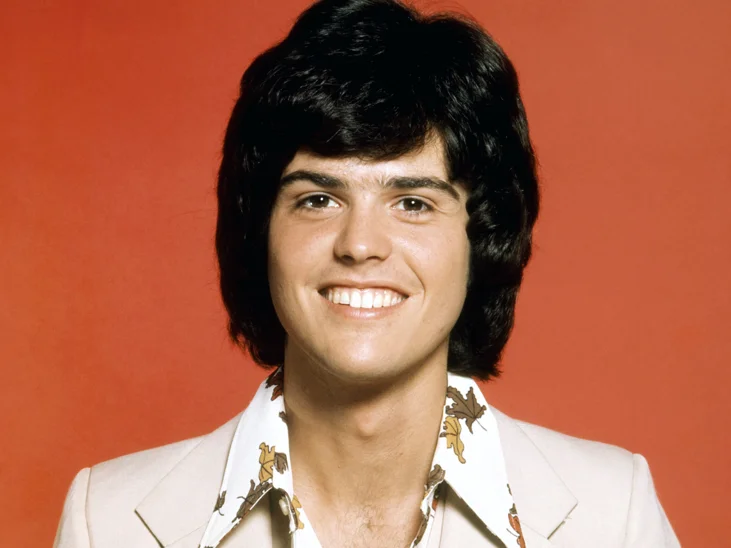
In the ’70s, Donny Osmond was a heartthrob, particularly known for his clean-cut image and hits like “Puppy Love.” As part of the Osmond family, he was a pop idol for a generation. However, after the ’70s, his popularity began to wane. Donny shifted his focus toward acting, television hosting, and later, musical theater, but never quite recaptured the level of fame he had enjoyed in his youth.
Though he remained in the public eye through television and Broadway, Donny Osmond’s pop music career never reached the same heights. His departure from the music scene in the ’70s was not as dramatic as others, but his reemergence was marked by a much quieter, less public life.
9. Minnie Riperton
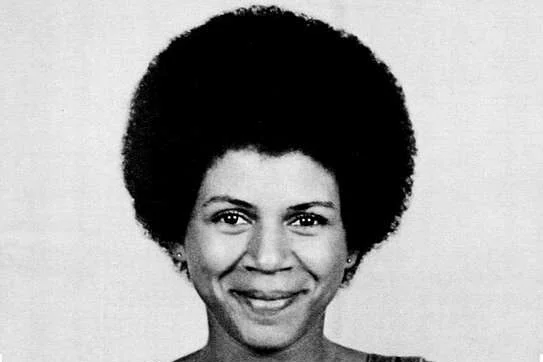
Minnie Riperton, known for her incredible five-octave vocal range, achieved her biggest hit in the ’70s with the soulful ballad “Lovin’ You.” While she was recognized as one of the finest vocalists of the decade, her career was tragically cut short. After a successful period in the ’70s, Riperton was diagnosed with breast cancer, which led to her death in 1979 at just 31 years old.
Riperton’s brief but powerful career left an indelible mark on soul and pop music. Though she had achieved great success during her lifetime, her illness took her away from the spotlight far too soon, and the public never got to see what else she could have accomplished.
10. George Benson
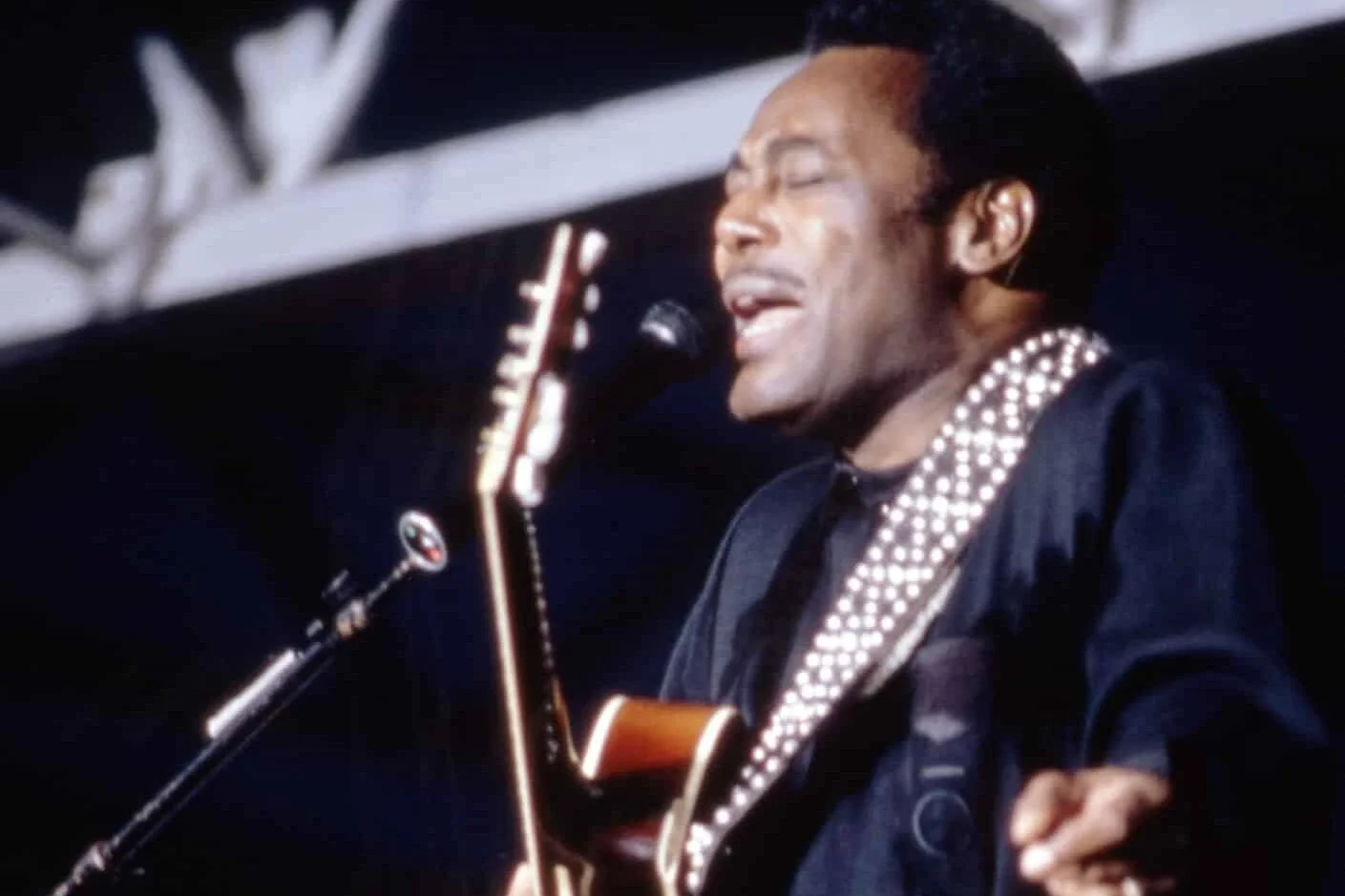
George Benson was one of the most versatile and celebrated musicians of the ’70s, known for his smooth blend of jazz, pop, and R&B. His hits like “On Broadway” and “This Masquerade” made him a major figure in the music world, showcasing both his guitar prowess and distinctive vocal style. Benson’s career continued to rise throughout the decade, with his album Breezin’ achieving massive success.
However, by the early ’80s, his musical output became less frequent, and he shifted toward a more jazz-oriented style. While Benson remained active in the music scene, his commercial success didn’t match the heights of his ’70s hits. His decision to move away from the mainstream pop charts and focus more on jazz left him less in the public spotlight, though he continued to perform and record for a loyal fan base.
11. Vicki Lawrence
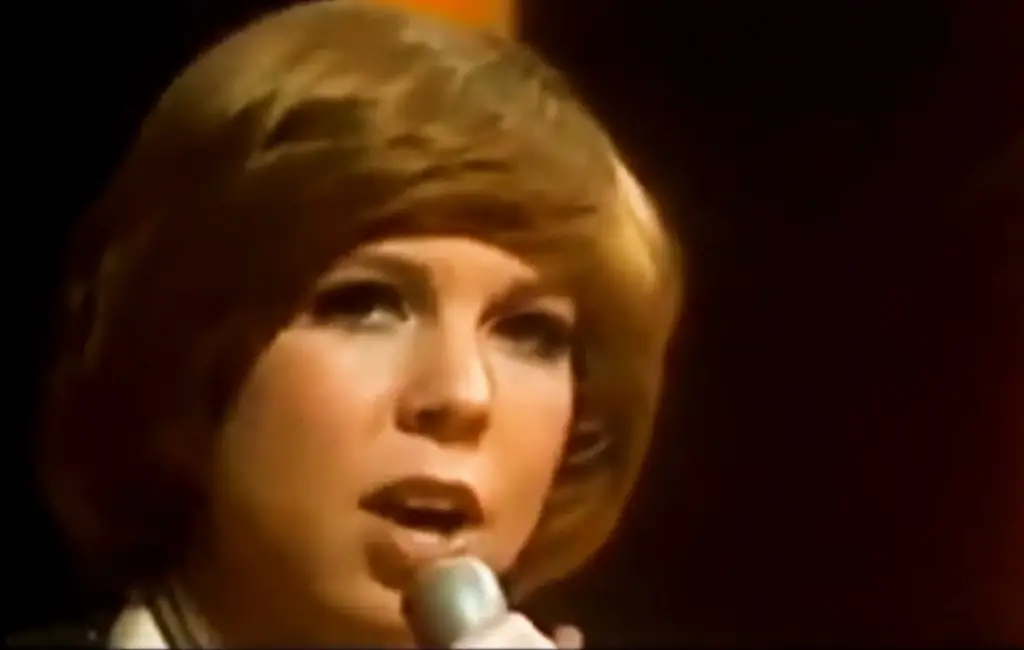
Vicki Lawrence was a rising star in the ’70s, first as a cast member of The Carol Burnett Show and later with her own hit single, “The Night the Lights Went Out in Georgia.” The song, a country-pop hybrid, became an unexpected chart-topper, cementing her place in pop culture. Yet, after her initial success, Lawrence’s career took a turn toward television and theater.
Although she continued to work in entertainment, Lawrence never reached the same heights as her breakout years in the ’70s. She stepped away from the music world to focus on other projects, and her musical output slowed dramatically. While she remained a beloved TV personality, her days as a pop star were firmly behind her.
12. Jack Jones
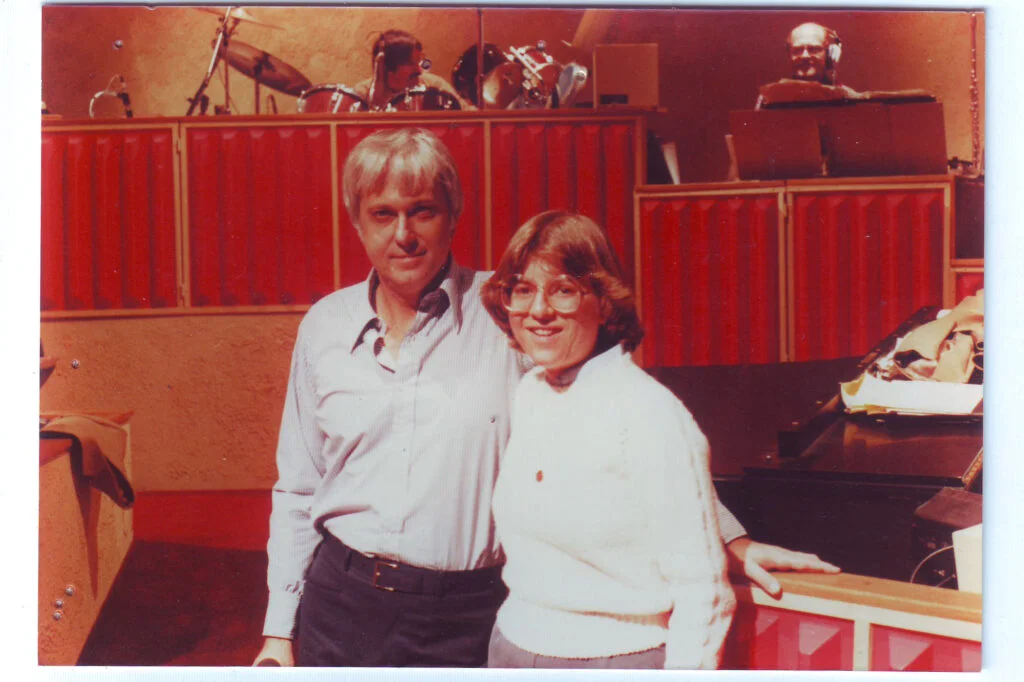
Jack Jones, known for his smooth crooning style, had a significant presence in the ’60s and ’70s, with hits like “Wives and Lovers” and “The Race Is On.” However, after the ’70s, Jones’s music career took a backseat. He continued to perform, but his popularity had diminished as new musical styles emerged and tastes changed.
Jones maintained a lower profile in the decades that followed, and his music no longer dominated the charts. Despite this, his contributions to pop and easy listening music have endured, but his time in the limelight never fully returned. Jones’ career transition into more jazz and cabaret performances marked his gradual departure from mainstream pop music.


